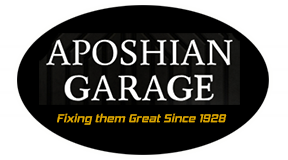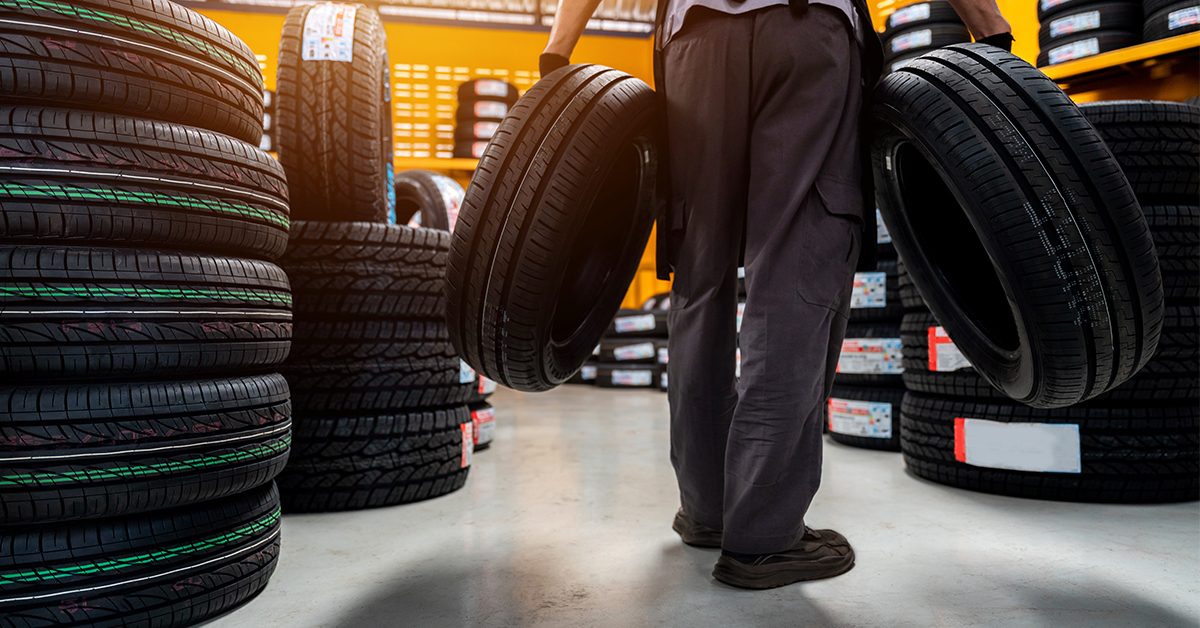The tires that come equipped with your Subaru from the factory are primarily designed for the majority of customers who primarily drive their vehicles on paved roads. These tires prioritize factors like weight, noise reduction, and rolling resistance to enhance fuel efficiency.
If you're looking to gain an advantage in terms of capability or competition, there are benefits to be gained by fine-tuning your wheel and tire setup. However, it's important to note that it's not as straightforward as simply deviating from the original equipment tire. Whether you're looking to off-road to your mountain campsite or open it up on the local track, doing your research is paramount.
Tire Considerations for Off-Roading
When buying tires for off-roading in your Subaru, there are several specifications you should consider to ensure they can handle the rugged terrain you'll encounter on your adventures. Here are some key factors to keep in mind:
Tire Type
Look for off-road-specific tires designed for off-roading conditions. These tires are often referred to as all-terrain (AT) or mud-terrain (MT) tires. All-terrain tires strike a balance between on-road and off-road performance, while mud-terrain tires offer more aggressive tread patterns for enhanced traction in mud and other challenging terrains.
Tread Pattern
Off-road tires typically have deeper and more aggressive tread patterns than standard tires. The tread pattern should have large tread blocks with broader spacing to provide better grip and self-cleaning properties on muddy or loose surfaces. Look for tires with features like sidewall lugs, siping, and stone ejectors to enhance traction and durability.
Tread Depth
Consider the tread depth of the tires. A deeper tread provides better traction in challenging off-road conditions. Look for tires with deeper grooves to ensure they can handle the rough terrain you plan to encounter.
Tire Size
Choose tires that match the recommended size for your Subaru, as specified in the owner's manual. Larger tire sizes can provide additional ground clearance but ensure they fit without rubbing against the fenders or suspension components.
Load Rating
Off-roading often involves carrying extra gear or equipment. Ensure that the tires have an appropriate load rating to support the weight of your Subaru, passengers, and any additional cargo you may carry.
Sidewall Construction
Opt for tires with reinforced sidewalls, which provide better resistance to punctures and cuts. Look for features like three-ply or multi-ply sidewalls to enhance durability and protect against rock or debris damage.
Tire Pressure
Off-road driving may require lower tire pressures to improve traction and provide a smoother ride on uneven surfaces. Consider tires that allow for lower pressures and can handle the demands of airing down and back up when needed.
Durability
Off-roading can be tough on tires, so choose tires known for their durability and resistance to cuts, chips, and sidewall damage. Look for tires with reinforced construction and strong carcasses.
Brand and Quality
Select reputable tire brands known for their off-road performance and reliability—also, research customer reviews and recommendations to find trusted tire manufacturers that offer off-road-specific tires.
Consider the specific off-road conditions you plan to encounter, such as mud, rocks, sand, or gravel, and choose tires accordingly. Consulting with experienced off-roaders or tire professionals can provide valuable insights and recommendations for your Subaru model and the type of off-roading you intend to do.
Tire Considerations for Racing
When buying tires for track performance in your Subaru, there are several specifications you should consider to ensure optimal grip, handling, and performance. Here are the key factors to keep in mind:
Tire Type
For track performance, you'll want to consider high-performance or track-specific tires. These tires are designed to deliver maximum grip and cornering performance at high speeds. Look for tires engineered explicitly for track use or labeled as "ultra-high performance" (UHP) or "track day" tires.
Tread Pattern
Track-focused tires often have minimal or specialized tread patterns. The emphasis is maximizing contact patch and grip rather than water dispersion. Some track tires may have slick or semi-slick designs with minimal tread grooves. These tires provide maximum traction on dry surfaces but may not be suitable for wet or rainy conditions.
Tire Size
Consider the recommended tire size for your Subaru's track performance. Larger diameter wheels with lower profile tires can enhance handling and steering response. However, ensure the chosen tire size is compatible with your vehicle's suspension and doesn't interfere with the fenders or other components.
Load Rating
Ensure that the tires have an appropriate load rating to support the weight of your Subaru and any additional performance modifications you may have made.
Speed Rating
Track tires should have a speed rating that exceeds the top speed capability of your vehicle. This ensures they can handle the high speeds encountered on the track without compromising safety.
Performance Rating
Look for tires with high-performance ratings in terms of grip, handling, and steering response. Performance metrics such as dry traction, lateral grip, and responsiveness should be considered.
Tire Compound
Tire compounds play a significant role in track performance. Softer compounds provide better grip but may wear out more quickly. Consider the trade-off between grip and longevity based on your intended usage and budget. Some high-performance tires offer different compound options for specific track conditions or endurance racing.
Heat Resistance
Track driving generates significant heat in the tires. Look for tires with good heat resistance to maintain consistent grip and performance throughout your track sessions. Tires with reinforced sidewalls and heat-resistant compounds can handle demanding track-driving conditions.
Brand and Quality
Opt for reputable tire brands known for their track performance and quality. Look for tires widely used and trusted by performance enthusiasts and professional racers.
Remember that track performance tires are primarily designed for on-track use and may not be suitable or legal for everyday road use. Additionally, some tracks may have specific requirements or restrictions regarding tire choices. Consult experienced track drivers, professional tire experts, or track officials for specific recommendations tailored to your Subaru model and track performance goals.
General Tire Specifications
Seasonal Performance
If you live in an area with distinct seasons, you may want to consider dedicated winter tires for improved traction on snow and ice. Alternatively, all-season tires provide a compromise between summer and winter performance, making them suitable for regions with mild climates.
Fuel Efficiency
Some tires are designed to improve fuel efficiency by reducing rolling resistance. They can contribute to better gas mileage and reduced carbon emissions. Look for tires with high fuel efficiency ratings if this is your priority.
When it comes to venturing off-road or unleashing your Subaru's performance on the track, the question arises: are tire changes truly worth it? The answer is a resounding yes, provided you approach it with careful consideration. Making informed decisions regarding your tire selection can unlock a whole new realm of possibilities for your Subaru's capabilities.
By opting for the right set of tires for your specific needs, you can experience a remarkable transformation in your Subaru's performance. Whether you're tackling rugged terrains or pushing the limits on the track, the impact of a well-chosen tire cannot be understated. It can be the differentiating factor that allows your Subaru to conquer challenging off-road trails or harness the full potential of its engineering on the track.
When using Aposhian Garage, you have not only had your Subaru properly maintained, but you have also found your Subaru repair “home.”
We look forward to getting to know you and your vehicle!



